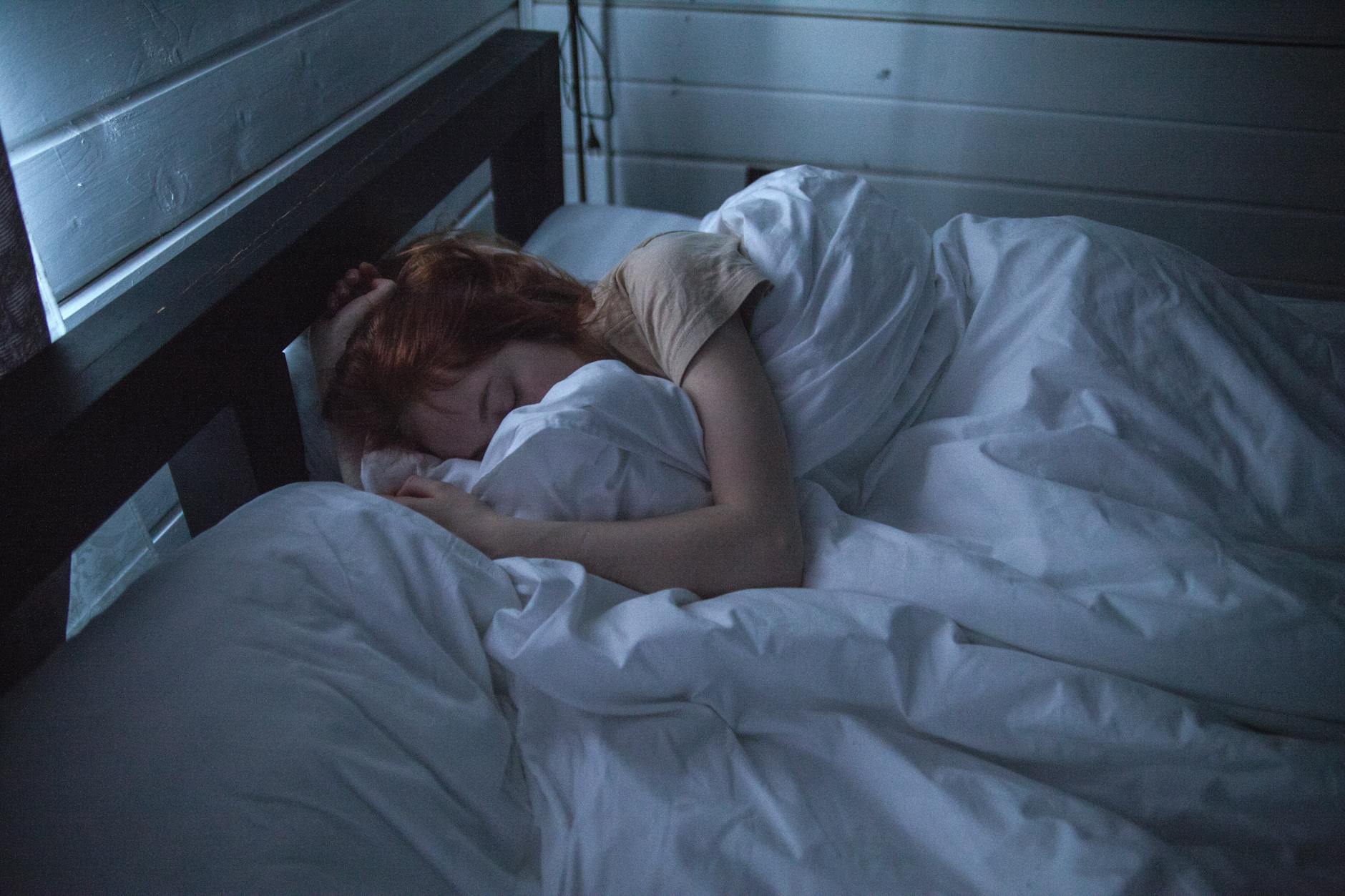
Dubai’s bustling environment often exacerbates conditions like sleep apnea. I’ve seen this firsthand in my practice as a pulmonology expert. Sleep apnea, where breathing repeatedly stops and starts during sleep, is more common in Dubai than one might think. The city’s fast-paced lifestyle, coupled with its environmental factors, makes sleep apnea a significant concern here.
Recognizing Sleep Apnea
Sleep apnea symptoms include loud snoring, gasping for air during sleep, and excessive daytime sleepiness. Many of my patients in Dubai initially ignore these signs, attributing them to the city’s demanding lifestyle. However, these symptoms should not be taken lightly, as they can lead to serious health issues if left untreated.
Causes and Risk Factors
Several factors contribute to sleep apnea, such as obesity, smoking, and even occasional dust storms. In Dubai, the high rates of obesity, partly due to the rich diet and sedentary lifestyle, play a significant role. Smoking is another major factor, and despite various public health campaigns, it remains a common habit here. The dust storms, although not frequent, can also aggravate respiratory issues, making sleep apnea more severe.
Importance of Early Diagnosis
Diagnosing sleep apnea typically involves a sleep study, which can be done at home or in a clinic. In Dubai, there are several advanced sleep clinics equipped to handle these studies. Treatment often includes lifestyle changes, CPAP machines, and in some cases, surgery. I’ve seen remarkable improvements in patients who adhere to these treatments, especially those who make significant lifestyle changes.
Lifestyle Adjustments
Addressing sleep apnea often starts with lifestyle changes. For many in Dubai, this means adjusting their diet and incorporating regular exercise. I always advise my patients to avoid heavy meals and caffeine before bed and to maintain a consistent sleep schedule, even amidst the city’s vibrant nightlife. According to a local health resource, maintaining a regular exercise routine can significantly improve sleep quality.
Medical Treatments
CPAP machines are a common treatment for sleep apnea. These devices keep the airways open during sleep, preventing apnea episodes. In Dubai, there are numerous suppliers of CPAP machines, making it easier for patients to access the necessary equipment. Surgery is considered a last resort but can be effective in severe cases. As noted by the Emirates Health Services, CPAP therapy is highly effective in reducing symptoms of sleep apnea and improving overall health outcomes.

Seeking Help Early
One thing I emphasize to my patients is the importance of seeking help early. The longer sleep apnea goes untreated, the more severe its effects can be on overall health. Heart disease, stroke, and diabetes are all linked to untreated sleep apnea, making it crucial to address the condition promptly.
Local Support and Resources
Dubai offers a range of resources for those dealing with sleep apnea. The Dubai Health Authority provides comprehensive information and support for managing this condition. They have detailed guides and can direct you to the best clinics and specialists in the city. Additionally, the Ministry of Health and Prevention UAE offers excellent resources online, making it easier for residents to get the help they need.
Emphasizing the Need for Action
Dealing with sleep apnea in a city as dynamic as Dubai can be challenging, but it’s entirely manageable with the right approach. By making necessary lifestyle changes, seeking timely medical intervention, and utilizing local resources, patients can significantly improve their quality of life. From my experience, addressing sleep apnea proactively is the best way to lead a healthier, more restful life.
